Difference between Inkjet and Deskjet Printers
Key Difference: Inkjet is a type of printer that prints images by propelling droplets of ink onto the paper. These printers are the most common type of printers that are available in households. Deskjet is a brand of printers by Hewlett-Packard. These printers are a cheaper variant to the company’s Officejet printers. Deskjet is created for home usage, which means there are more compact, have less features and are cheaper.
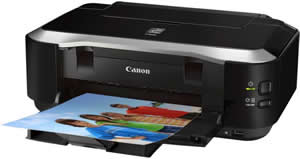 The amount of printers that are available on the market can create confusion for many people that are not techies. There are also various different brand names by each popular company that adds to the confusion. Inkjet printers and Officejet printers are two such terms. However, inkjet is a type of printer that uses inkjet technology to print images, while Officejet is a brand of printers by HP.
The amount of printers that are available on the market can create confusion for many people that are not techies. There are also various different brand names by each popular company that adds to the confusion. Inkjet printers and Officejet printers are two such terms. However, inkjet is a type of printer that uses inkjet technology to print images, while Officejet is a brand of printers by HP.
Inkjet is a type of printer that produces images by propelling droplets of ink onto the paper. These printers are the most common type of printers that are available in households. They are usually small in size and can range in prices, depending on the company and the functions it can perform. More expensive models might also come with copy, fax and scan functions. The concept of inkjet printing was developed in the 19th century, with the printer technology being developed in the late 1950s. Printers that could render digital images generated by computers were developed in the 1970s by Epson, Hewlett-Packard and Canon.
The inkjet printer works in a complicated way. It has a series of microscopic nozzles that spray a stream of ink directly onto the paper. The nozzles either have a high pressure pump or tiny heating elements behind them that helps deposit ink on the paper. There are two main technologies that are used in an inkjet printer: continuous (CIJ) and Drop-on-demand (DOD). In continuous technology, a high-pressure pump direct liquid ink from the cartridge through a gunbody and a microscopic nozzle, creating a continuous stream of ink droplets that are deposited on the paper. Extra unwanted ink is dropped into a gutter, which is recycled when the printer is active again. Drop-On-Demand is divided into thermal DOD and piezoelectric DOD. The thermal DOD uses a heating element to heat the ink in a chamber, which cools when applied to the paper. The piezoelectric DOD uses a piezoelectric material behind each nozzle instead of a heating element. In DOD, the printer cartridges fires ink only at special points on the surface that is required for creating an image.
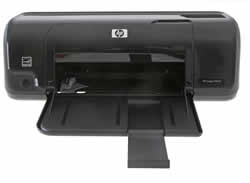 Deskjet is a brand of printers by Hewlett-Packard. These printers are a cheaper variant to the company’s Officejet printers. Deskjet is created for home usage, which means there are more compact, have less features and are cheaper. Deskjet printers are basic models and only offer printing capabilities. More features can be purchased with higher models, which cost extra. These printers also have slower printing speeds, with the highest Deskjet printer printing around 28 pages a minute. Deskjet printers do not even offer automatic double-side printing or wireless capabilities; features that are available in the company’s Officejet brand.
Deskjet is a brand of printers by Hewlett-Packard. These printers are a cheaper variant to the company’s Officejet printers. Deskjet is created for home usage, which means there are more compact, have less features and are cheaper. Deskjet printers are basic models and only offer printing capabilities. More features can be purchased with higher models, which cost extra. These printers also have slower printing speeds, with the highest Deskjet printer printing around 28 pages a minute. Deskjet printers do not even offer automatic double-side printing or wireless capabilities; features that are available in the company’s Officejet brand.
Inkjet printers produce cheaper copies but prints slower compared to laser printers. These are also small and compact, with the printer fitting right on the desk or workstation. The initial cost of these printers is quite cheap, but Officejet is usually more expensive than the basic model as it incorporates other features. Inkjet printers are honed for their ability to print good quality and sharp text and images and to print on almost any kind of paper. Advantages of an inkjet include quieter in operation, high print quality, no warm up time and low cost per page. While, disadvantages are the ink is expensive (cheaper alternates are available from third party cartridges), ink is not waterproof, the nozzle is prone to clogging and the ink dries up if not used for long periods of time.
Image Courtesy: gadgetspeak.com, ryman.co.uk





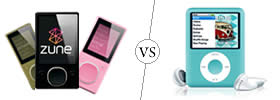
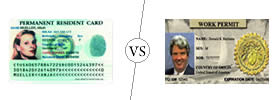
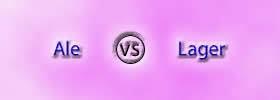

Add new comment